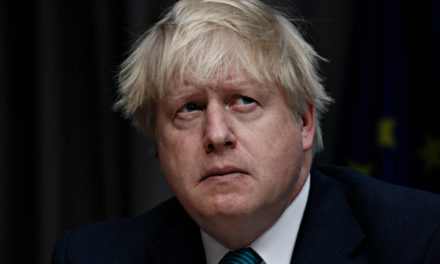Philadelphia Federal Reserve President Patrick Harker said it is “inevitable” that central banks around the world, including the U.S. Federal Reserve, will start issuing digital cryptocurrencies — but he also cautioned that the U.S. shouldn’t be the first to lead the charge.
“Frankly I don’t think we should be the first mover as a nation to do this,” Harker said, due to the dollar being the world’s reserve currency. “It is inevitable … I think it is better for us to start getting our hands around it.”
Harker’s response was to a question about the Fed’s recent decision to create its own real-time payments system called “FedNow.”
“I am looking at the next five years after that,” Harker said. “What comes next? I do think it is something around digital currency.”
According to Reuters, the Fed and other central banks around the world are trying to figure out how best to approach the rise of privately issued and owned cryptocurrencies like Bitcoin, and how the underlying blockchain technology could change traditional central banking.
Central banks currently don’t believe cryptos will ever become large enough or behave enough like true fiat currencies to require regulation or threaten the ability of traditional central banks to conduct monetary policy.
“We’re a long way from that,” Fed Chair Jerome Powell said in June, describing the technology as in its “infancy.” Other Fed officials have said that the benefits of a central bank issued digital currency were “not obvious.”
“We’re a long way from that,” Federal Reserve Chair Jerome Powell said in June, saying cryptos are still in their “infancy.”
Other Fed officials don’t believe the benefits of a Fed-issused crypto are “obvious” at this point in time.
There also is concern over Facebook’s ability to put a large consortium together behind its Libra crypto while other central banks around the world are starting to take the possibility of issuing cryptos more seriously.
Harker admitted his view was “in the minority” among the current Fed board members, but his staff is researching the issue.




